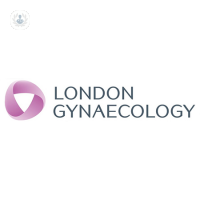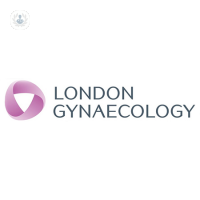Early pregnancy
Dr Elizabeth Egbase - Obstetrics & gynaecology
Created on: 08-29-2023
Updated on: 10-03-2023
Edited by: Conor Lynch
How is early pregnancy defined?
Early pregnancy is a crucial period in the development of a foetus. It is defined as the first 12 weeks of pregnancy, and it is a time when the foetus undergoes rapid growth and development. During this time, the body undergoes significant changes as well, which can lead to a variety of symptoms.

What are the symptoms of early pregnancy?
The most common early signs and symptoms of pregnancy might include:
- Missed period: If you're in your childbearing years and a week or more has passed without the start of an expected menstrual cycle, you might be pregnant.
- Tender, swollen breasts: Early in pregnancy hormonal changes might make your breasts sensitive and sore. The discomfort will likely decrease after a few weeks as your body adjusts to hormonal changes.
- Nausea with or without vomiting: Morning sickness, which can occur at any time of the day or night, often begins one to two months after you become pregnant. However, some women feel nausea earlier and some never experience it. While the cause of nausea during pregnancy isn't clear, pregnancy hormones likely play a role.
- Increased urination: You might find yourself urinating more often than usual. The amount of blood in your body increases during pregnancy, causing your kidneys to process extra fluid that ends up in your bladder.
- Fatigue: Fatigue also ranks high among early symptoms of pregnancy. No one knows for certain what causes sleepiness during the first trimester of pregnancy. However, a rapid rise in the levels of the hormone progesterone during early pregnancy might contribute to fatigue.
Other less obvious signs and symptoms of pregnancy that you might experience during the first trimester include:
- Moodiness
- Bloating
- Light spotting
- Cramping
- Constipation
- Food aversions
- Nasal congestion
What are the causes of early pregnancy?
Early pregnancy occurs when a sperm fertilizes an egg and forms a zygote. The zygote then travels down the fallopian tube and implants itself in the lining of the uterus. The following factors can increase the likelihood of early pregnancy:
- Age: Women who are older than 35 years have an increased risk of having a baby with chromosomal abnormalities.
- Medical history: Women who have had multiple miscarriages or who have certain medical conditions such as diabetes or thyroid disease are at increased risk for complications during early pregnancy.
- Lifestyle factors: Smoking, alcohol consumption, and drug use can all increase the risk of complications during early pregnancy.
It's important to note that every woman's experience with early pregnancy is different. If you suspect that you might be pregnant or are experiencing any unusual symptoms, it's important to speak with your healthcare provider.








